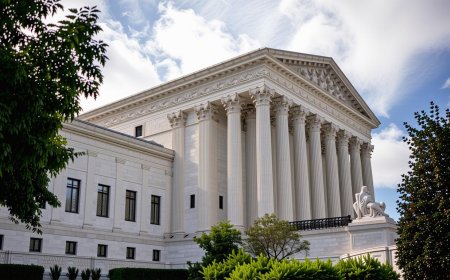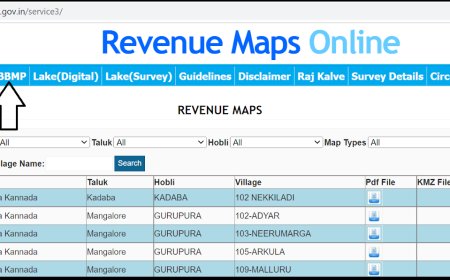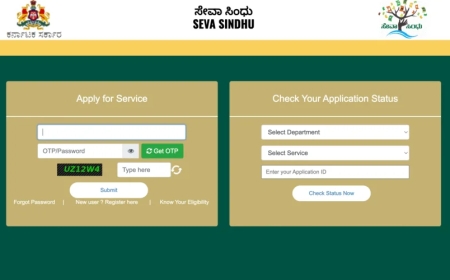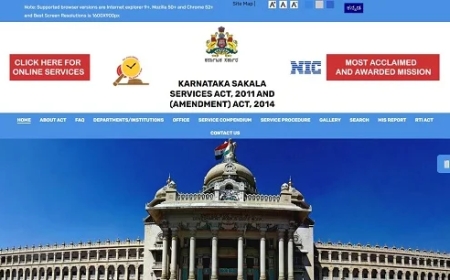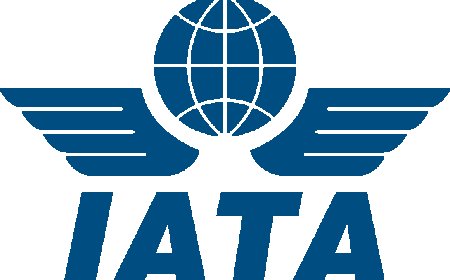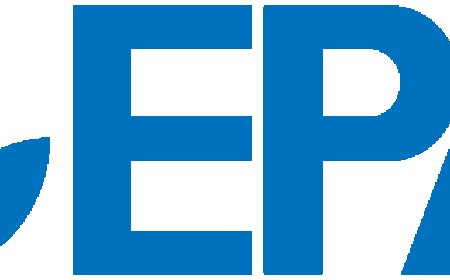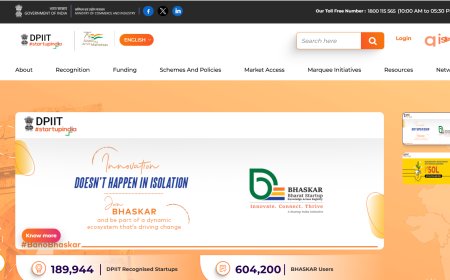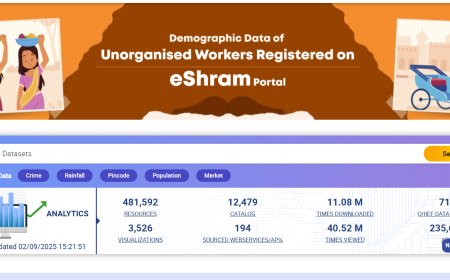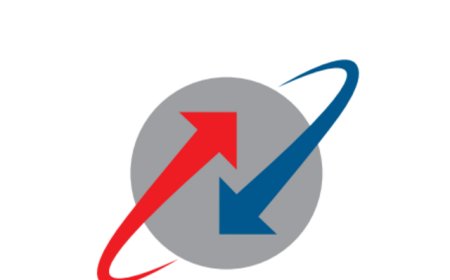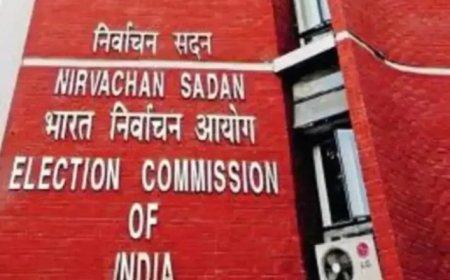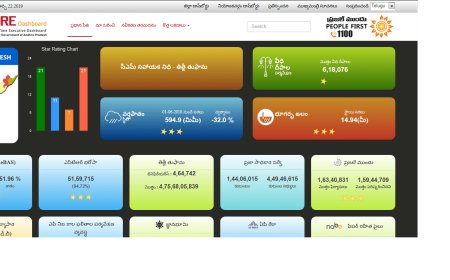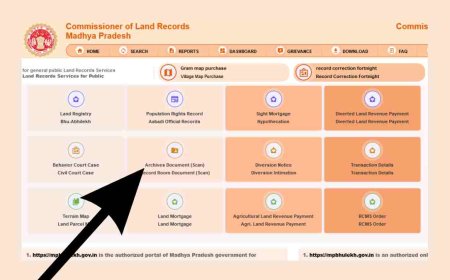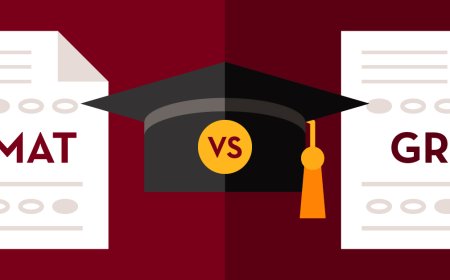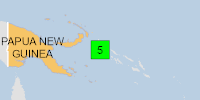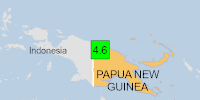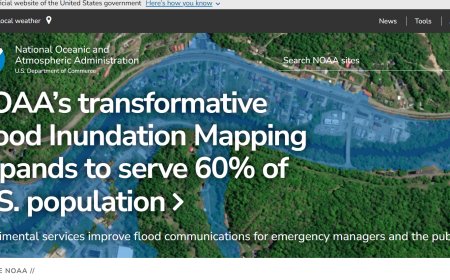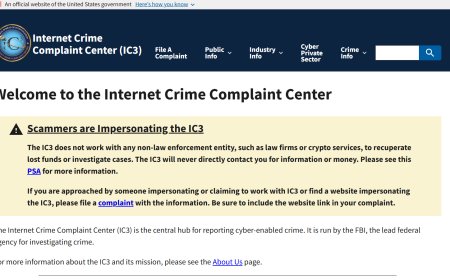Understanding FOIA: Access to Government Information
Discover how the Freedom of Information Act empowers citizens with access to government data and transparency.
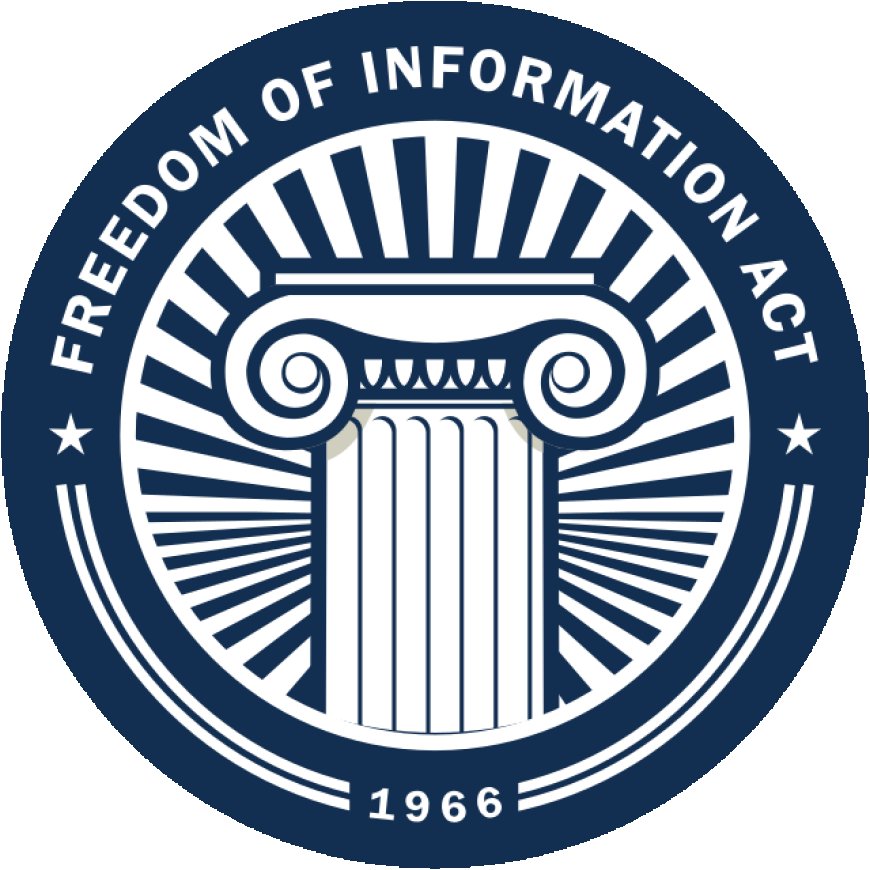
Understanding the Freedom of Information Act: Gateway to Government Transparency
Introduction
The Freedom of Information Act (FOIA) is a powerful tool that grants the general public access to records from any federal agency in the United States. Enacted in 1966, FOIA embodies the principle of transparency, allowing citizens, journalists, and researchers to request information that sheds light on government operations and decision-making processes.
What is FOIA?
FOIA stands for the Freedom of Information Act, a law that provides the public the right to request access to records from any federal agency. Agencies are required to disclose the information requested unless it falls under one of nine exemptions that protect interests such as personal privacy, national security, and law enforcement.
How FOIA Works
FOIA requests can be made by any person, including U.S. citizens, foreign nationals, organizations, associations, and universities. Requests must be submitted in writing, clearly describing the records sought to ensure efficient processing. Once a request is received, agencies have a legal obligation to respond, typically within 20 business days.
Benefits of FOIA
The Freedom of Information Act has numerous benefits that enhance transparency and accountability in government:
- Government Transparency: FOIA promotes an open government by allowing public scrutiny of federal operations.
- Public Engagement: By providing access to information, FOIA encourages public participation in government decision-making.
- Journalistic Investigation: FOIA is a vital resource for journalists who investigate and report on government activities.
- Academic Research: Researchers use FOIA to gain insights into governmental processes and inform academic studies.
Challenges and Limitations
While FOIA is an essential tool for transparency, it does have limitations and challenges. One significant challenge is the backlog of requests, which can delay responses. Additionally, certain records are exempt from disclosure, which sometimes leads to disputes over what should be made public.
Real-World Applications
FOIA has been instrumental in uncovering significant issues and influencing policy changes. For example, requests have revealed information about environmental hazards, government spending, and public health concerns. Such disclosures have led to increased oversight and reforms.
Conclusion
The Freedom of Information Act is a crucial mechanism for ensuring government transparency and accountability. By providing the public with access to information, FOIA empowers citizens, journalists, and researchers to hold the government accountable. To explore more or find datasets that fit your needs, visit Data.gov today.
References
United States Department of Justice. (n.d.). FOIA.gov. Retrieved from https://www.foia.gov
Electronic Frontier Foundation. (2023). Transparency and Accountability. Retrieved from https://www.eff.org/issues/transparency
What's Your Reaction?
 Like
0
Like
0
 Dislike
0
Dislike
0
 Love
0
Love
0
 Funny
0
Funny
0
 Angry
0
Angry
0
 Sad
0
Sad
0
 Wow
0
Wow
0




